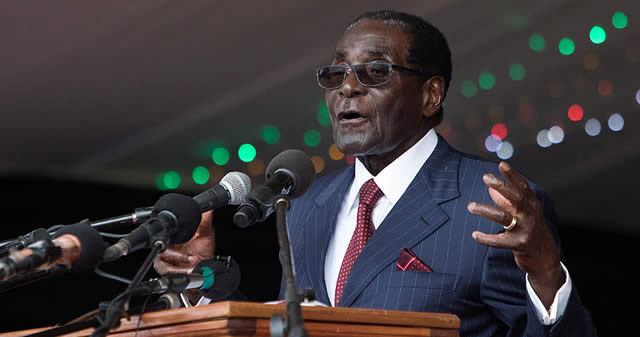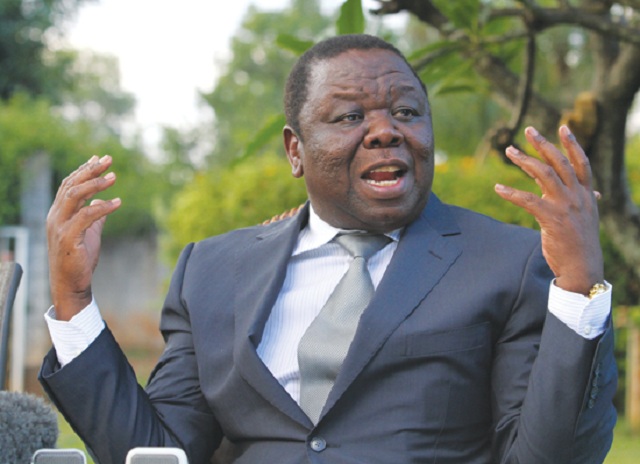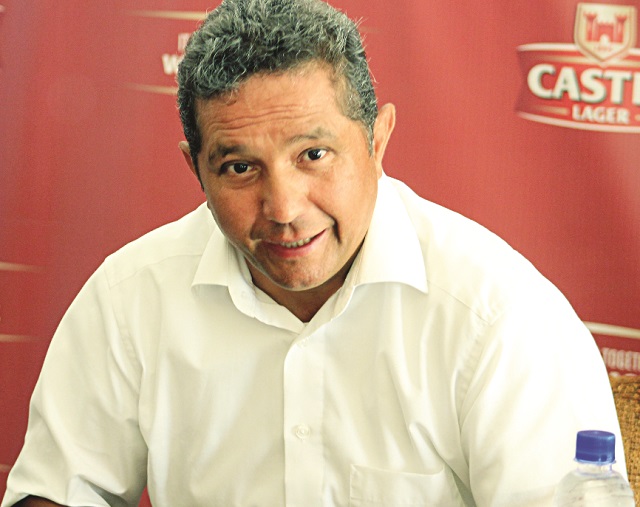President’s industrialisation dream inspires economists

Sifelani Tsiko in JOHANNESBURG, South Africa
President Mugabe’s dream of an economically free and industrialised Africa still needs to be realised and every effort must be made to keep the momentum of the continent’s drive towards industrialisation alive, economic experts say.
Economic experts and industrialists told our Harare Bureau at the opening of the Sadc Industrialisation Week here on Monday that people must internalise values that came with industrialisation as proposed by President Mugabe until his dream to realise the aspirations for unity, social and economic progress are realised.
“It was President Mugabe when he was chair of Sadc and the African Union that he boldly put the industrialisation agenda on the table,” said Seth Akweshi, a senior Sadc economist.
“We must respect his value–based and visionary leadership on industrialisation. We must be happy that it was him who passionately ignited the industrialisation agenda both at Sadc and the AU level when he was the chair of both organisations. We must not fail him by not driving the industrialisation agenda forward.”
Gainmore Zanamwe, African Export – Import Bank (Afreximbank), senior manager for Intra – African Trade Initiative said industrialisation has been foremost on President Mugabe’s mind as a revered political figure and thinker.
“President Mugabe propounded the industrialisation ideas, he was the one who pushed us hard to take up the industrialisation issue at both Sadc and the African Union level,” he said. “We must not forget this. He is very passionate about industrialisation, value-addition, job creation and beneficiation.
“So as we take stock of our industrialisation agenda and ask serious questions about implementation, we must not forget that it was him (Mugabe) who was the main driving force for the adoption of this agenda.”
Demos Mbauya, Schweppes Zimbabwe Limited general manager and member of the Sadc Industrialisation Steering Committee (Zimbabwe) said it was important to be proud that the industrialisation agenda started in Zimbabwe.
“The agenda for industrialisation started in Zimbabwe when President Mugabe was chair of Sadc and the African Union. We must not fail him on industrialisation because he was a major driver of this process,” he said. “We need to press forward with that agenda to realise the goals.”
Delegates from Zimbabwe, made up of industrialists, economists, government officials and other trade and business experts are participating at the Sadc Industrial Week and other related events.
“We are here together with players in the private sector to share knowledge and experiences on how better we can drive the industrialisation agenda forward,” said Ruvimbo Sandauke, a principal economist in the Industry and Commerce ministry.
“This is an important platform for the private sector to explore opportunities with their counterparts in the region as well as learning best practices. It’s also an opportunity for them to present their concerns forward and see how best they can be addressed.”
The Sadc Industrialisation Strategy and Road Map (2015 – 2063) was approved by regional leaders at a summit which was held in Victoria Falls in 2015 when President Mugabe was chair of both Sadc and the African Union.
This strategy, which is anchored on three pillars — industrialisation, competitiveness and regional economic integration broadly aims to improve the region’s industrial capacity and competitiveness in key areas such as agro-processing, pharmaceuticals and mining, among others.
The strategy also aims to assist African countries to transition from a commodity driven growth path to value adding, knowledge-based industrial economies.
The Sadc industrialisation agenda is linked to the AU’s Agenda 2063 which also sees industrialisation as a major instrument for the continent’s political and economic integration.
President Mugabe has been described by many as a person of passionate and unswerving moral and political conviction while others have gone a step further to define him as an “unbending revolutionary and unyielding Pan Africanist and visionary.”
His unyielding toughness with white former settler farmers and western countries, his pitiless enforcement of the land reform programme and rough unfettered black empowerment policies alienated many of his opponents.
Analysts also say his unshakeable belief that Africans too, have a right to enjoy and benefit from their heritage — natural resources tugs at the heartstrings of many of the continent’s impoverished people.
Despite serious opposition from political actors at home and abroad, many agree he has moved the centre ground of Zimbabwean politics and is a huge figure on the world stage.










Comments